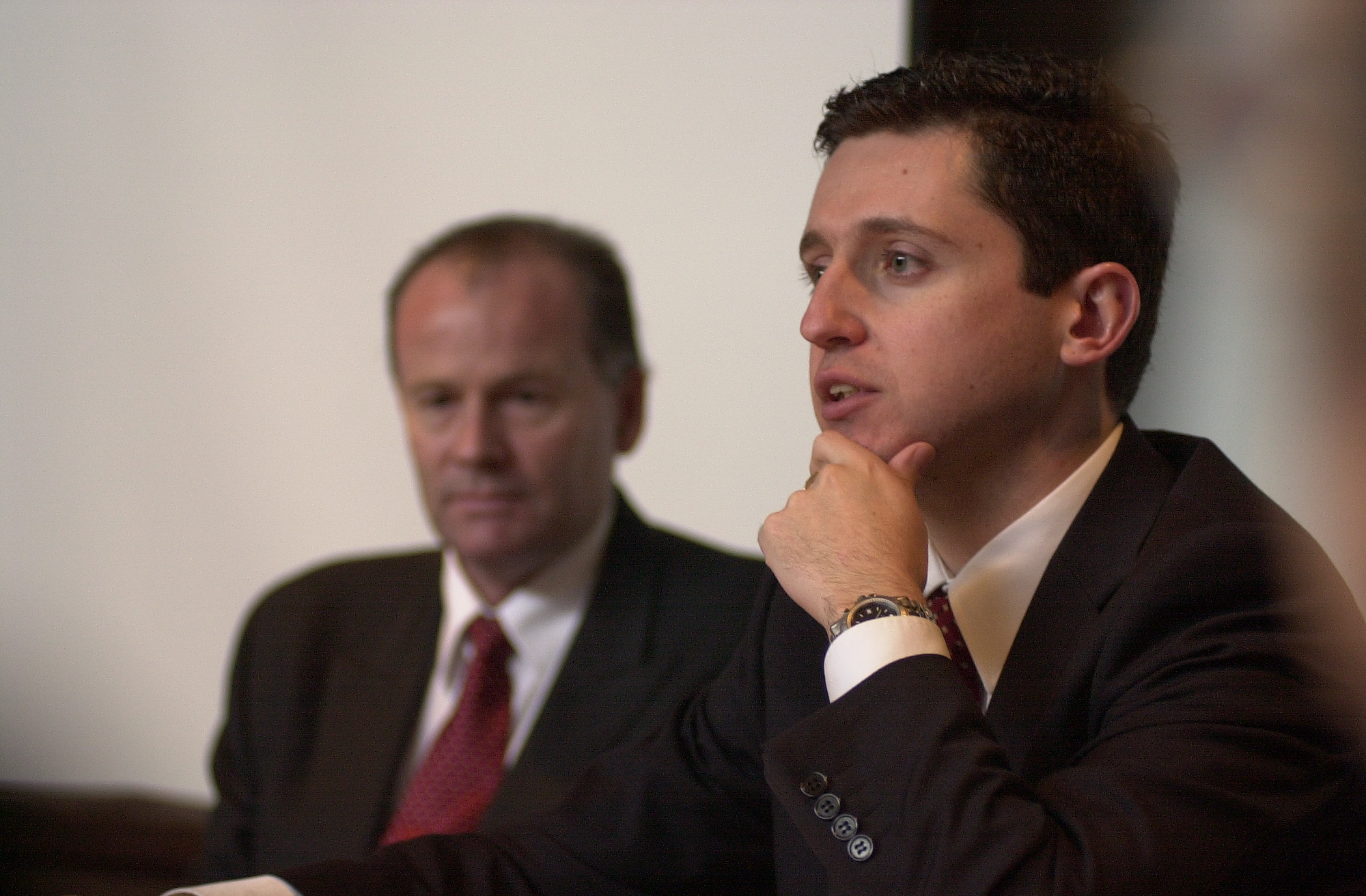Christian Zahra credits his upbringing in the Latrobe Valley for developing his belief in fairness and social justice.
His principles carried him to Canberra when he was elected the member for McMillan and later took him to remote Australia to work with disadvantaged Indigenous communities.
As a result of his work, the former Traralgon resident was today made a Member of the Order of Australia in the Queen’s Birthday honours list.
“You never do it to get recognised; you do it because you feel it’s what you need to do and because it’s right,” Mr Zahra said.
Elected to Federal Parliament in 1998 after serving as the chief executive of the Central Gippsland Aboriginal Health and Housing Cooperative, the now 45-year-old spent two terms in opposition which included stints as parliamentary secretary to the shadow minister for communications and shadow minister for infrastructure, transport and regional development.
In 2004, an unfavourable redistribution and the backlash against then-Labor leader Mark Latham ended his political career.
“Most people go into parliament as the last thing they do in their working life, for me that wasn’t the case,” he said.
Following his electoral loss, Mr Zahra became a non-executive director of the Victorian Energy Networks Corporation and chairman of the Victorian Sustainable Timber Industry Council.
He continued to serve rural Australia, becoming the founding director of the Regional Australia Institute in 2011.
Mr Zahra formed the institute in partnership with other regional Australians of all political stripes to seek better policy outcomes for people living outside the capital cities. The group’s formation was brought about by the view that people in capital cities tended to view all rural and regional Australia the same.
Mr Zahra was also a director of the East Kimberley Aboriginal Development Corporation from 2015 to 2017.
“When I was growing up in the Latrobe Valley in the ’70s and ’80s we may not have had very much, but compared to Indigenous people living in the Kimberley or the Northern Territory we had a great deal more and we didn’t understand that at the time,” he said.
“But having gone and lived in the Kimberley as I did with my family for two years, you really see firsthand how much disadvantage there is in many of these remote locations still.
“When you’re working alongside Indigenous people from that region, you hear their stories of incredible cruelty where people have been treated so appallingly.”
Now based in Trentham, Mr Zahra still speaks glowingly of the Valley.
“Growing up in the Valley as a kid and then as a young man, really shaped my sense of social justice and my very strong belief in the need for there to be fairness in the way that regions are treated and in how Aboriginal people are treated,” he said.












